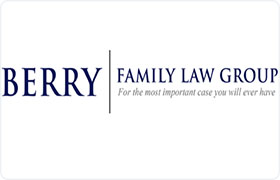Kennesaw Bankruptcy & Debt Lawyer, Georgia
Sponsored Law Firm
-
 x
x

Click For More Info:
-
Berry & Associates
2751 Buford Highway NE Suite 600 Atlanta, GA 30324» view mapBankruptcy For the Most Important Case You'll Ever Have
We know how important your case is. And we know we really only have one, best chance to get it right. And we will.
800-659-5561
A. Keith Logue
✓ VERIFIEDDivorce & Family Law, Bankruptcy & Debt, Business, Litigation
As you realize, the relationship between an attorney and a client is steeped in rich tradition and is cloaked in trust, open communications and a desi... (more)
Joshua Arnold Nelson
International Tax, Bankruptcy, Elder Law, Administrative Law, Business
Josh Nelson is an Attorney and Alliance Architect for Nelson Elder Care Law. He focuses his practice on finance, banking, and insurance to compliment ... (more)
N. Jackson Cotney
Bankruptcy, Corporate, Commercial Leasing, Landlord-Tenant
Status: In Good Standing
FREE CONSULTATION
CONTACTFREE CONSULTATION
CONTACTFREE CONSULTATION
CONTACTFREE CONSULTATION
CONTACTFREE CONSULTATION
CONTACTFREE CONSULTATION
CONTACTJohn David Stuart
Collection, Estate, Divorce, Family Law, Wills & Probate
Status: In Good Standing Licensed: 27 Years
 Matthew Berry Atlanta, GA
Matthew Berry Atlanta, GA AboutBerry & Associates
AboutBerry & Associates Practice AreasSpecializations
Practice AreasSpecializations



